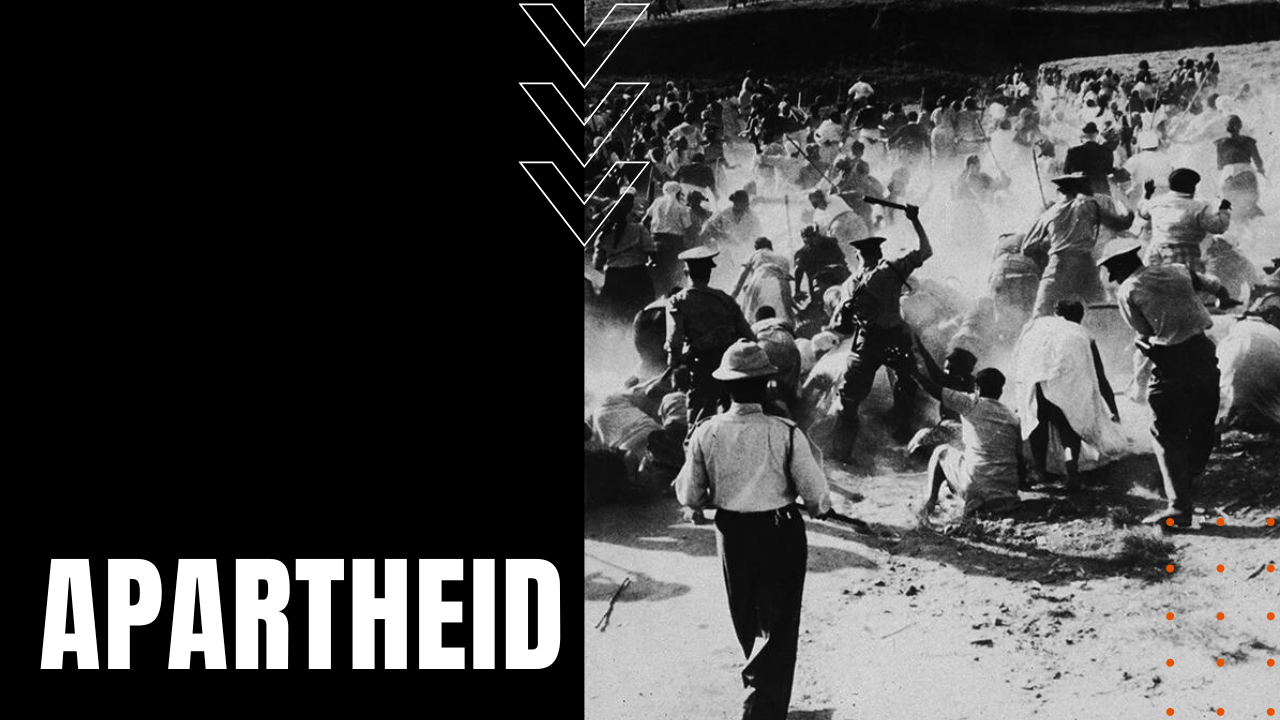Apartheid

When the National Party of South Africa came to power in 1948, they quickly passed hundreds of laws establishing apartheid, which means “apartness” in the Afrikaans, including the Race Classification Act, which placed whites at the top, Indians second, mixed-race third and blacks on the bottom. In a nation where whites accounted for only 20% of the total population, a number of pseudoscientific tests were devised to classify individuals as European or non-European, including the pencil test, which involved putting a pencil in an individual’s hair. If the pencil fell to the floor, they were considered white, if it stayed put, they were considered colored.
Pass Books and More
Sex between the races was made illegal, while the Population Registration Act of 1950 forced Blacks to carry pass books, which further segregated all aspects of South African life, including education, healthcare, transportation and residential living areas. With all land, natural resources and wealth concentrated in the hands of four million South African whites, early resistance to Apartheid took the form of peaceful protests, however, anti-Apartheid leaders soon found their voice, including Nelson Mandela, Desmond Tutu, Walter Sisulu, Oliver Tambo, leading to increasingly violent protests against white authority.
Pushback Begins
In 1952, blacks began a defiance campaign, calling on the oppressed to purposefully break Apartheid laws in order to get arrested, thereby overwhelming the South African prison system. In 1960, a protest against the use of pass books turned deadly in the Black township of Sharpeville, leading police to open fire on unarmed protesters, killing 70 and wounding 180 more. Imprisoned in 1962 on charges of treason, Nelson Mandela would serve 27 years behind bars, as international anti-Apartheid protests erupted across the globe during the 1970s and 1980s.
A World Protest
Increasing calls for boycotts of South African goods forced a slow unraveling of Apartheid laws in the country, leading to Mandela’s release from prison in 1990. On April 27th, 1994, African National Congress candidate Nelson Mandela cast his vote in the first free and democratic elections held in South Africa, ending 46 years of racial oppression and Apartheid. Today, racial inequality in South Africa continues at pandemic levels, where blacks make up 80% of the population with just 4% owning land, while whites make up 8% of the population, and still own upwards of 70% of the land. Violence against white farmers—74 murdered in 2018 alone—and the ongoing threats of expropriation of their land without compensation has forced more than a million white South Africans to flee the country, making Apartheid in South Africa, an ongoing tug of war for justice and racial parity.
